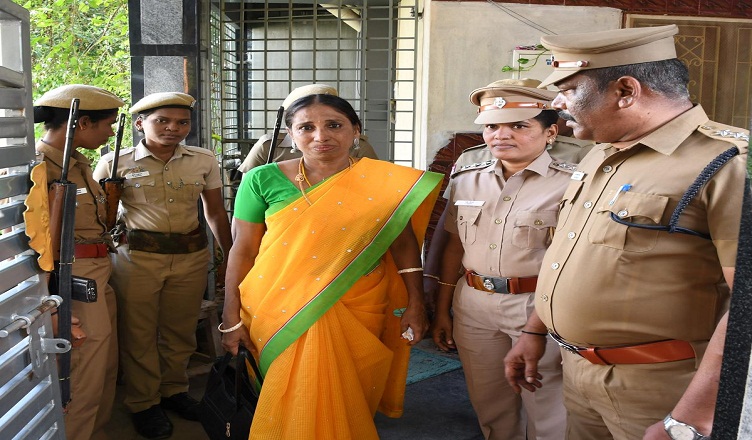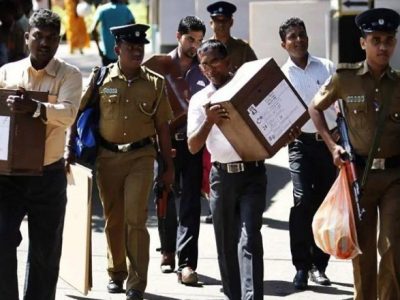(LANKAPUVATH | COLOMBO) – The Supreme Court has ordered that six convicts in the assassination case of former Prime Minister Rajiv Gandhi, to be set at liberty forthwith.
The convicts — Nalini, her husband Murugan alias Sriharan, Ravichandran, Jayakumar, Robert Pais, and Santhan — were were originally sentenced to death. Subsequently, their death penalty was commuted to life imprisonment.
The Supreme Court Bench, comprising Justices B.R. Gavai and B.V. Nagarathna, ordered this while taking into consideration the case of A.G. Perarivalan, another convict who was released in May. The Supreme Court invoked its extraordinary powers under Article 142 of the Constitution to release Perarivalan.
It may be noted that In 2018, a resolution was passed by the then AIADMK government in Tamil Nadu recommending to the Governor that the seven life convicts in the assassination case be released under Article 161.
On November 11, a Bench of Justices B. R. Gavai and B. V. Nagarathna said the convicts had spent over 30 years in prison and had spent the time in studies, earning degrees.
All the convicts have been engaged in a long battle seeking their premature release. The Tamil Nadu government had recommended their release to the Governor. However, no decision was made by the Governor, who sent their files to the President.
Release delay challenged after Perarivalan’s release
The convicts had challenged the delay, noting that co-accused, A. G. Perarivalan, was released by the Supreme court. They had sought parity.
The Supreme Court, in May, had invoked its extraordinary powers to do complete justice under Article 142 of the Constitution and ordered the release of A. G. Perarivalan.
The Madras High Court had in June dismissed the writ petitions filed by Nalini and Ravichandran, who had sought a direction to the Tamil Nadu government to release them forthwith without waiting anymore for the Governor’s nod to a September 9, 2018 Cabinet recommendation.
The High Court had held that the Governor’s signature was sine qua non under Article 161 of the Constitution.
The High Court had also observed that it could not exercise extraordinary powers under Article 142 of the Constitution to pass an order similar to the one which released Perarivalan, another convict in the assassination case, on May 18.
Rajiv Gandhi was assassinated on the night of May 21, 1991 at Sriperumbudur in Tamil Nadu by a woman suicide bomber, identified as Dhanu, at a rally organised by the Congress.




